Insecure romanticized South L.A. Now it's grappling with the side effects.
In season three, gentrification comes to Crenshaw

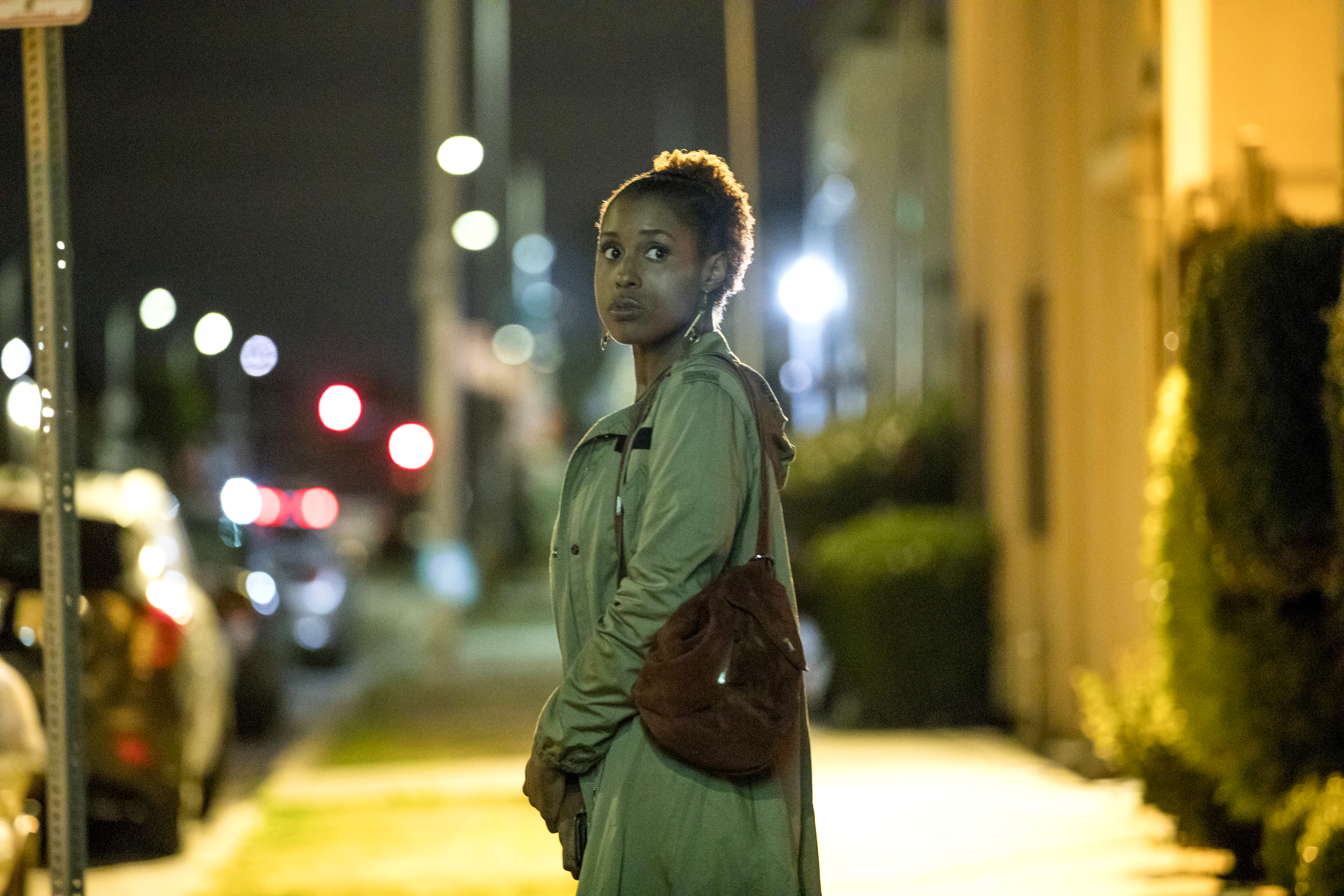
A free daily email with the biggest news stories of the day – and the best features from TheWeek.com
You are now subscribed
Your newsletter sign-up was successful
New York is a city that looks best in black and white, but Los Angeles is a city of pastels: the peachy color of the evening sky, the pale green of unwatered lawns, the soft tans of low-rise condominiums, the sandy yellow of the Randy's Donuts donut. Each image, captured beautifully throughout Insecure, the third season of which premieres Sunday, serves to root the show deeper in place. As every episode declares in its opening montage: This is South L.A., and it is playing itself.
For many viewers, though, this is an unrecognizable Crenshaw, a foreign Inglewood. It's … kind of arresting? Romantic, almost? This is the hood? The first dozen or so episodes of Insecure gave the neighborhoods south of the 10 a chance to show themselves off in a light most people have never had a chance to see them in, one that isn't shaded by Hollywood's depiction of gang violence, drive-bys, or drugs. But by the end of season two, creator Issa Rae had subtly shifted her focus to explore the culture that is lost when other — usually white — people start to see its beauty the way she does.
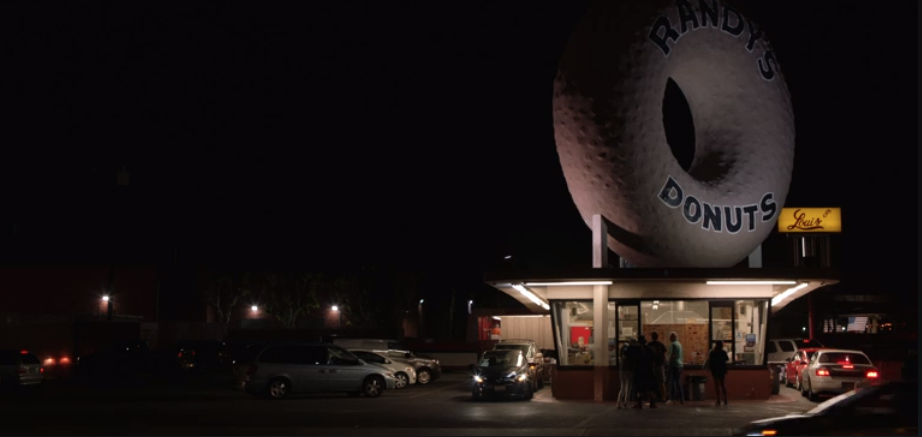
Since it premiered in 2016, Insecure has been praised for challenging the expectations of the black Los Angeles story — Issa Dee (played by Insecure's creator, Issa Rae) and her friends are successful women who cope with insecurities and relationship troubles with the same frankness and hilarity that Carrie and her gang did in Insecure's much whiter HBO cousin, Sex and the City. Replace Fifth Avenue with Crenshaw Boulevard and you start to get the idea: "I never get to see [South L.A.] not displayed as the 'scary hood' and that's not the experience that I know," Rae told the Los Angeles Times last year. "I just wanted to make it feel sexy in a way that other places in L.A. are allowed that. Black and Latino places are not afforded that same luxury."
The Week
Escape your echo chamber. Get the facts behind the news, plus analysis from multiple perspectives.

Sign up for The Week's Free Newsletters
From our morning news briefing to a weekly Good News Newsletter, get the best of The Week delivered directly to your inbox.
From our morning news briefing to a weekly Good News Newsletter, get the best of The Week delivered directly to your inbox.
Insecure's second and third seasons explore what happens when that sexiness overripens. "I don't know why I told y'all about this neighborhood, because y'all take everything," Issa imagines letting loose at her clueless white coworkers during a fundraiser in Baldwin Hills. By the second season, she is walking past shuttered family stores in "I-wood" and moving out of her apartment — a real complex in Inglewood called The Dunes — after being priced out by skyrocketing rents. Saying goodbye to her place, she observes that it's "going to make some young white couple very happy one day." Her ex, Lawrence, when looking for an apartment of his own, is told by the real estate agent: "A lot of people are interested in this neighborhood, so this unit's gonna go quick." It might be a typical line from a broker, but you know she means it.
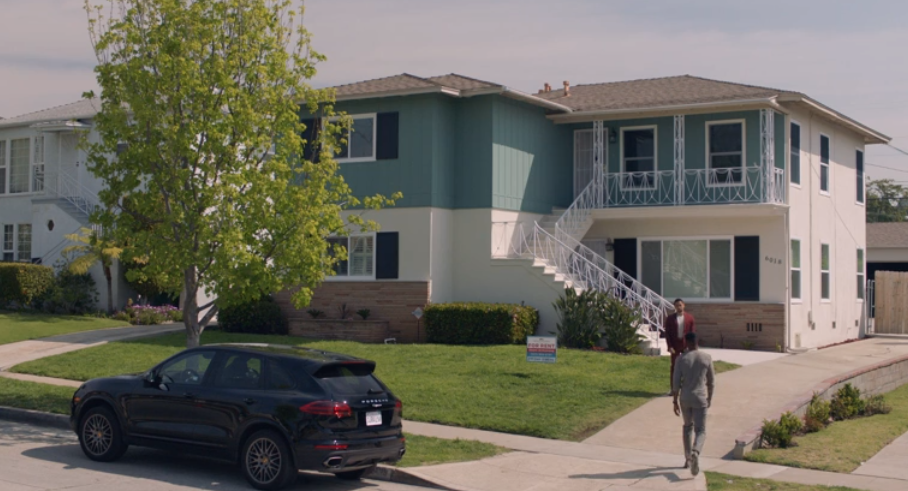
Although gentrification is often described as the renovation of a neighborhood to meet "middle class" sensibilities, the characters who populate Insecure are mostly successful, middle- or upper-middle-class residents who enjoy a Pinkberry frozen yogurt every now and then. Even Rae admits in interviews, "I do love Whole Foods … I just want the benefits of gentrification without the gents."
For Rae — who strives to be Inglewood's Woody Allen, shooting almost entirely on location — the tragedy of gentrification isn't so much what is gained than what is lost. At the end of season two and going into season three, Insecure's camera increasingly doubles as an almost anthropological record of a neighborhood and culture that the city is losing.
"When I was growing up, you could go to a Krispy Kreme that's by the Baldwin Hills Crenshaw Mall, and a couple of days ago, I just saw a white family walking their dog in that Krispy Kreme," said Insecure showrunner Prentice Penny, who, like Rae, lives in Inglewood. "You would have never seen that! This is Crenshaw. Right across the way is a weave store! This is just not what Crenshaw is supposed to look like, but it is." Ron Jackson, a real estate agent in Baldwin Hills, told The Hollywood Reporter that "some people" in Windsor Hills "are complaining that white residents are starting to take over our neighborhood." As Issa explains it to her friend, Molly, who inquires when Baldwin Hills got gentrified: "When white people were sitting up in their $4,000-a-month one-bedroom in Malibu like, 'them niggas ain't that bad.'"
A free daily email with the biggest news stories of the day – and the best features from TheWeek.com
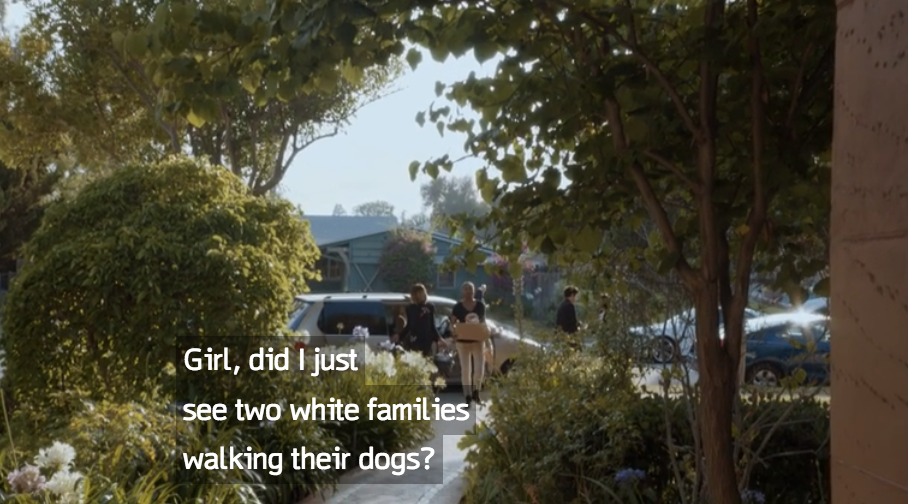
Insecure increasingly tip-toes along this delicate balance between pride in a place and watching it become something you no longer recognize. In an interview with Vulture in 2016, Rae admitted that scouting for the show was already becoming difficult because of how rapidly the neighborhoods are changing: The club Maverick's Flats, from the first season, went up for sale after their shoot, and a Roscoe's House of Chicken and Waffles featured in the show is now gone. On several occasions, Rae has recognized that Insecure is already becoming "a time capsule of sorts."
Her words put those tracking and drone shots of the sprawl of neighborhoods below the 10 in a new light: They are not just establishing a sense of place. They're preserving it. Should Insecure last, its sixth or seventh or 10th seasons will look and feel dramatically different than these first few centered on a city in flux.
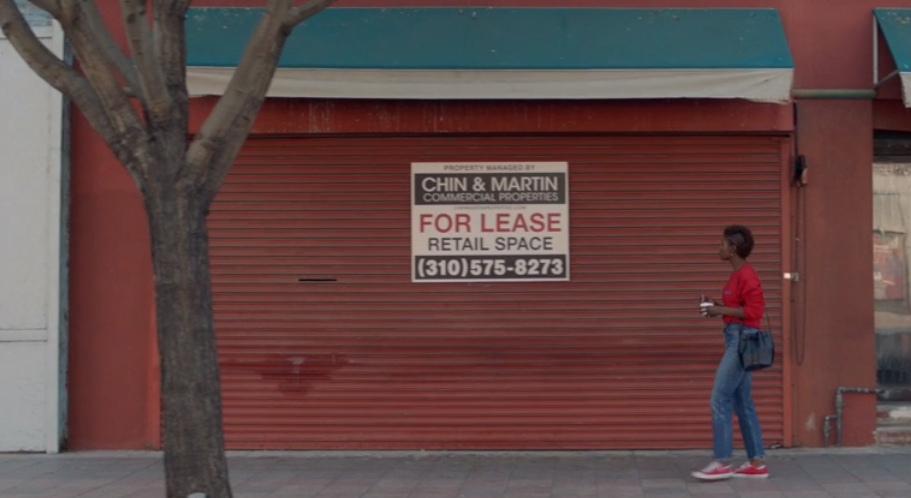
In one of the best episodes of the third season, Issa gives a tour of the communities she grew up in and loves, Leimert Park and Windsor Hills. The sky is a smoggy L.A. gray, painted pots line the street, and bright Kente cloth wallets are for sale on the sidewalk. Issa points out "black businesses, black food, black art," rattling off bookstore and BBQ and barber shop recommendations.
But even here, in this tracking shot down Degnan Boulevard, we see what is far more ubiquitous in Issa's L.A. than family-owned markets or weave stores. A shuttered storefront and a single sign: For Lease.
Jeva Lange was the executive editor at TheWeek.com. She formerly served as The Week's deputy editor and culture critic. She is also a contributor to Screen Slate, and her writing has appeared in The New York Daily News, The Awl, Vice, and Gothamist, among other publications. Jeva lives in New York City. Follow her on Twitter.
-
 The Olympic timekeepers keeping the Games on track
The Olympic timekeepers keeping the Games on trackUnder the Radar Swiss watchmaking giant Omega has been at the finish line of every Olympic Games for nearly 100 years
-
 Will increasing tensions with Iran boil over into war?
Will increasing tensions with Iran boil over into war?Today’s Big Question President Donald Trump has recently been threatening the country
-
 Corruption: The spy sheikh and the president
Corruption: The spy sheikh and the presidentFeature Trump is at the center of another scandal
-
 Walter Isaacson's 'Elon Musk' can 'scarcely contain its subject'
Walter Isaacson's 'Elon Musk' can 'scarcely contain its subject'The latest biography on the elusive tech mogul is causing a stir among critics
-
 Welcome to the new TheWeek.com!
Welcome to the new TheWeek.com!The Explainer Please allow us to reintroduce ourselves
-
 The Oscars finale was a heartless disaster
The Oscars finale was a heartless disasterThe Explainer A calculated attempt at emotional manipulation goes very wrong
-
 Most awkward awards show ever?
Most awkward awards show ever?The Explainer The best, worst, and most shocking moments from a chaotic Golden Globes
-
 The possible silver lining to the Warner Bros. deal
The possible silver lining to the Warner Bros. dealThe Explainer Could what's terrible for theaters be good for creators?
-
 Jeffrey Wright is the new 'narrator voice'
Jeffrey Wright is the new 'narrator voice'The Explainer Move over, Sam Elliott and Morgan Freeman
-
 This week's literary events are the biggest award shows of 2020
This week's literary events are the biggest award shows of 2020feature So long, Oscar. Hello, Booker.
-
 What She Dies Tomorrow can teach us about our unshakable obsession with mortality
What She Dies Tomorrow can teach us about our unshakable obsession with mortalityThe Explainer This film isn't about the pandemic. But it can help viewers confront their fears about death.
